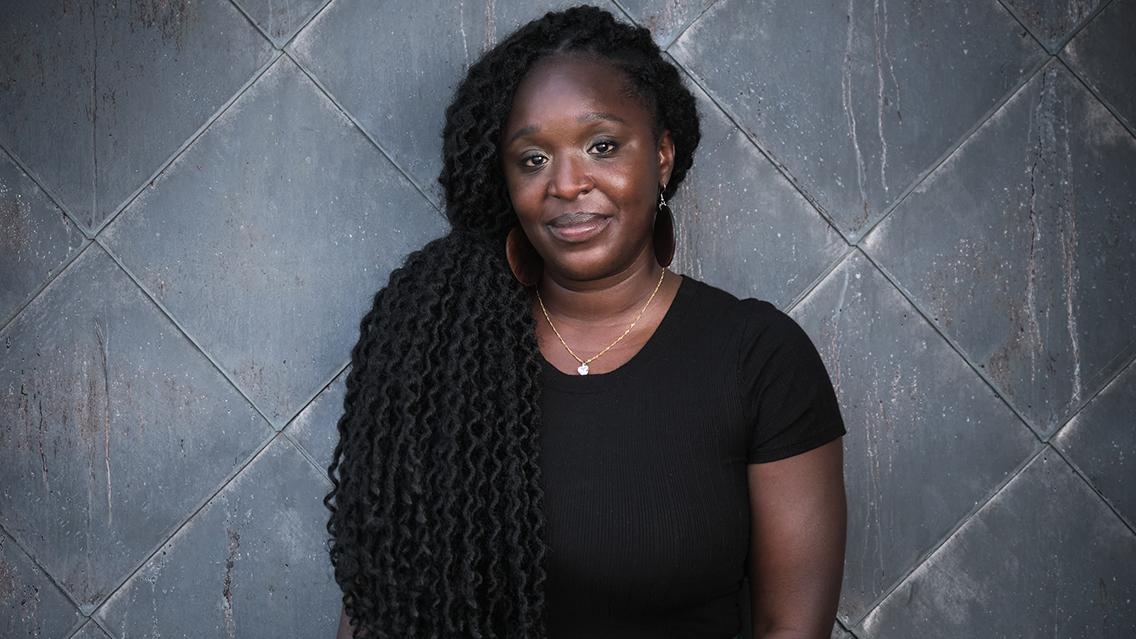Overcoming Medical Distrust

As a doctor, Masiray Kamara always knew clear communication was vital. Now she is putting skills gained through a fellowship at the Language Schools to use in her practice to build deeper bonds and help her patients overcome mistrust in the medical system.
Masiray Kamara recalls being a “sickly child” while growing up in Sierra Leone. To diagnose her frequent stomach pains, doctors would gently probe her belly with their hands and prescribe a “magic syrup.” Soon she would feel better. “That always fascinated me,” says Masiray. “They would heal with their hands. That’s where my interest in medicine began.”
But Masiray also recalls the children in Sierra Leone whom doctors could not heal. “So many children died,” she says.
Masiray left Sierra Leone for the United States with her parents when she was nine years old. Today, she is a pediatrician in East Orange, New Jersey, working primarily with underrepresented minorities.
One of the greatest challenges Masiray faces in her practice is mistrust of the healthcare industry, particularly among Black people. She believes that studies such as the Tuskegee experiment, in which Black men with syphilis were observed over decades without any treatment to let doctors track the course of the disease, as well as the eugenics movement and the forced sterilization of Black women, have created suspicion and fear among Black Americans.
I see the immense difference it makes when a patient can relate to me not only because of the color of my skin, but by connecting with me culturally.
“As an African American female from a first-generation West African immigrant family, I have strived as a pediatrician to combat medical mistrust,” says Masiray. “I want my patients to see a doctor who looks like them. I see the immense difference it makes when a patient can relate to me not only because of the color of my skin, but by connecting with me culturally.”
In her New Jersey community, Masiray works with many French-speaking immigrants. Language can be her most important tool for diagnosis and connection. “Simply greeting a family and introducing myself in their native tongue makes a difference,” says Masiray, “but being able to freely converse in a common language can turn polite appreciation into a much deeper bond and understanding.”
Masiray has a strong interest in global maternal and child health. In the future, she plans to return to West Africa and work toward strengthening health services and systems throughout primarily French-speaking countries. Like the United States, many African nations struggle with a lack of trust in government, institutions, and specifically health systems. Masiray hopes to mitigate distrust and strengthen access to health care in developing countries.
“For me as a doctor, clear communication is vital,” says Masiray. “Learning French will help me provide culturally sensitive health care and bridge the gap in racial health inequities.”

